Fiddler on the Roof is a 1971 American musical comedy-drama film produced and directed by Norman Jewison. It is an adaptation of the 1964 Br...
Fiddler on the Roof is a 1971 American musical comedy-drama film produced and directed by Norman Jewison. It is an adaptation of the 1964 Broadway musical of the same name, with music composed by Jerry Bock, lyrics by Sheldon Harnick, and screenplay by Joseph Stein. Starring Topol, Norma Crane, Leonard Frey, Molly Picon, and Paul Mann, the film centers on Tevye, the father of five daughters, and his attempts to maintain his Jewish religious and cultural traditions as outside influences encroach upon the family's lives.{full_page}

He must cope both with the strong-willed actions of his three older daughters, who wish to marry for love – each one's choice of a husband moves further away from the customs of his faith – and with the edict of the Tsar that evicts the Jews from the town of Anatevka. Throughout the film, Tevye breaks the fourth wall by talking directly to the audience as well as to God. In addition to the difficulties of being poor, Tevye speaks of the Jewish community's constant fear of harassment from their non-Jewish neighbors.

|
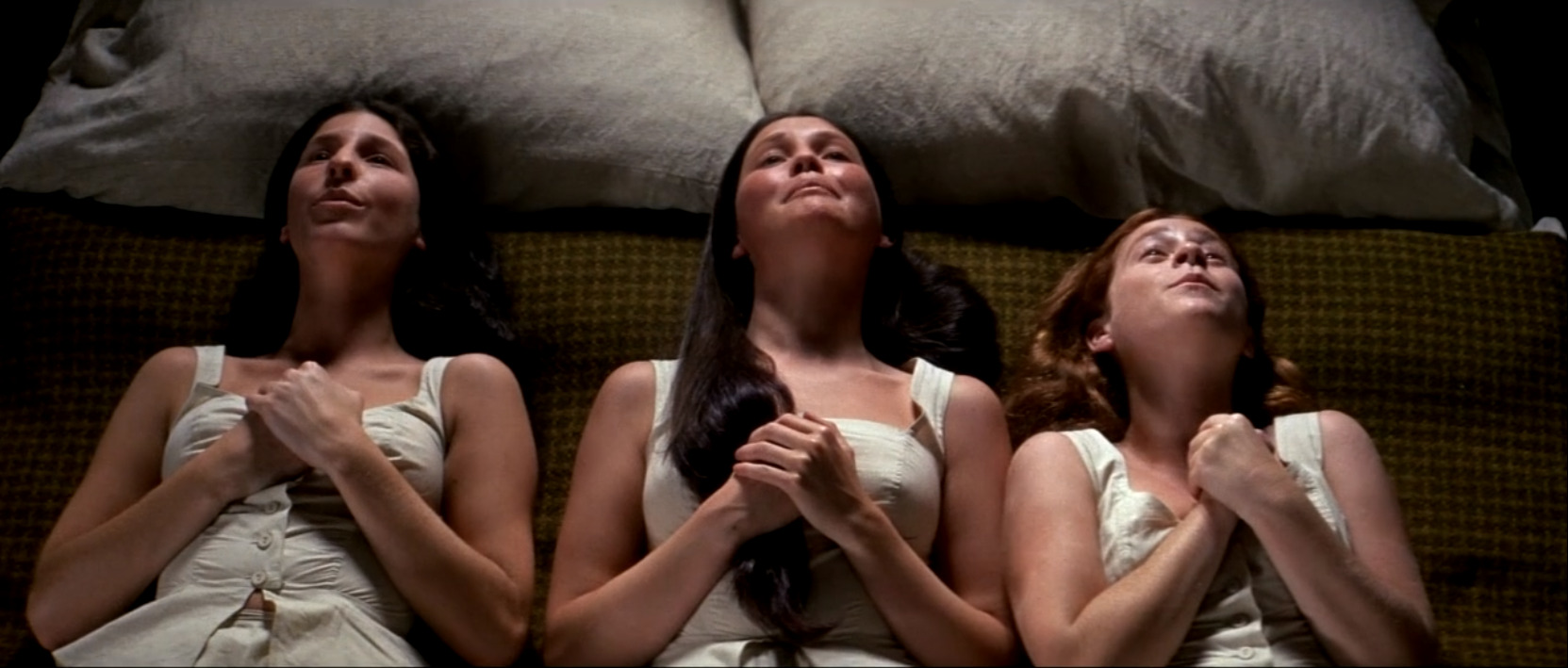
|
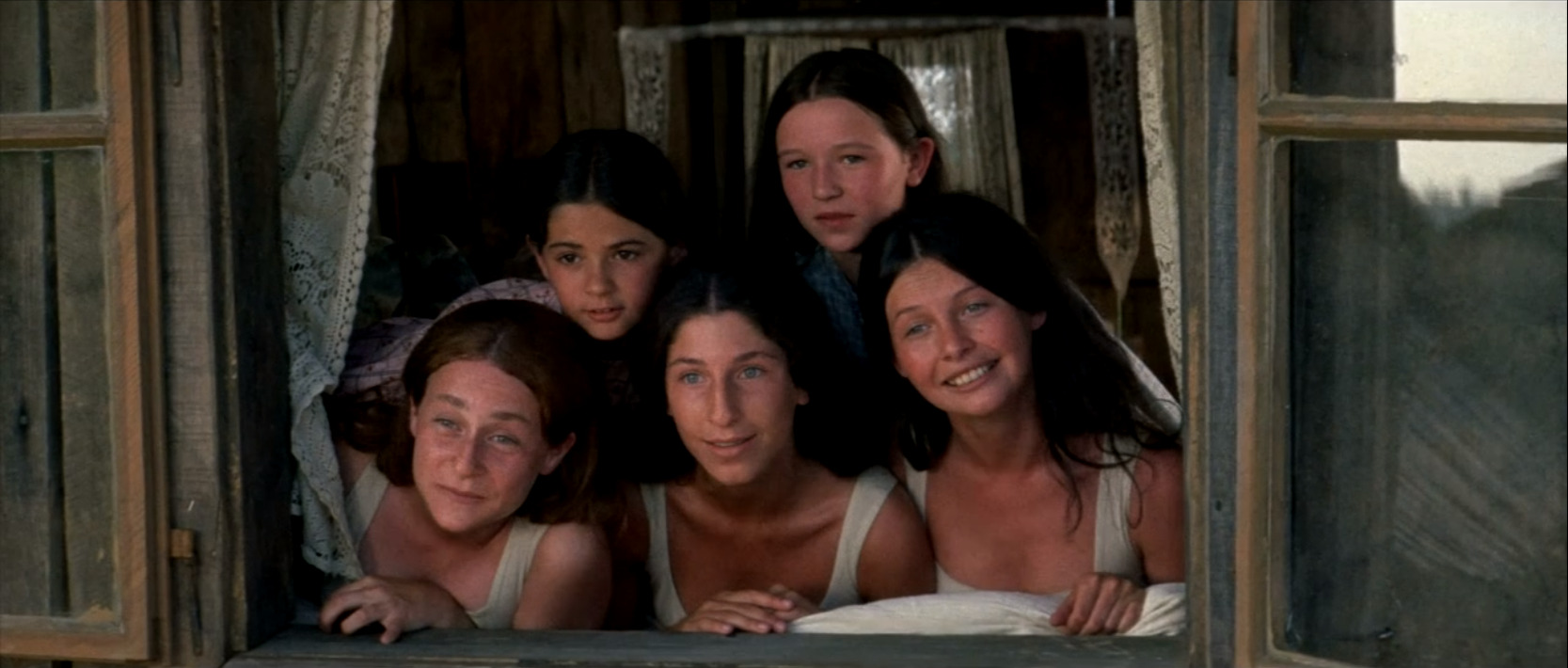
|

|
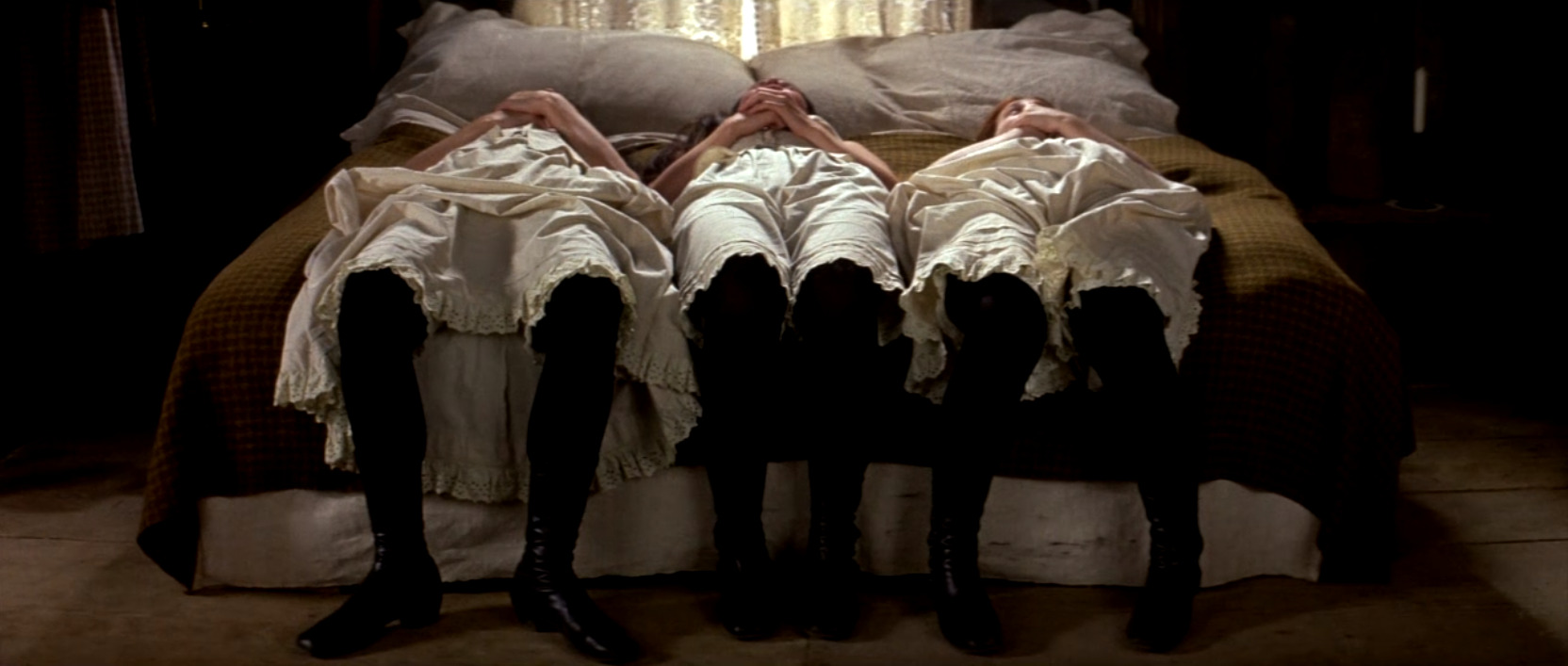
|
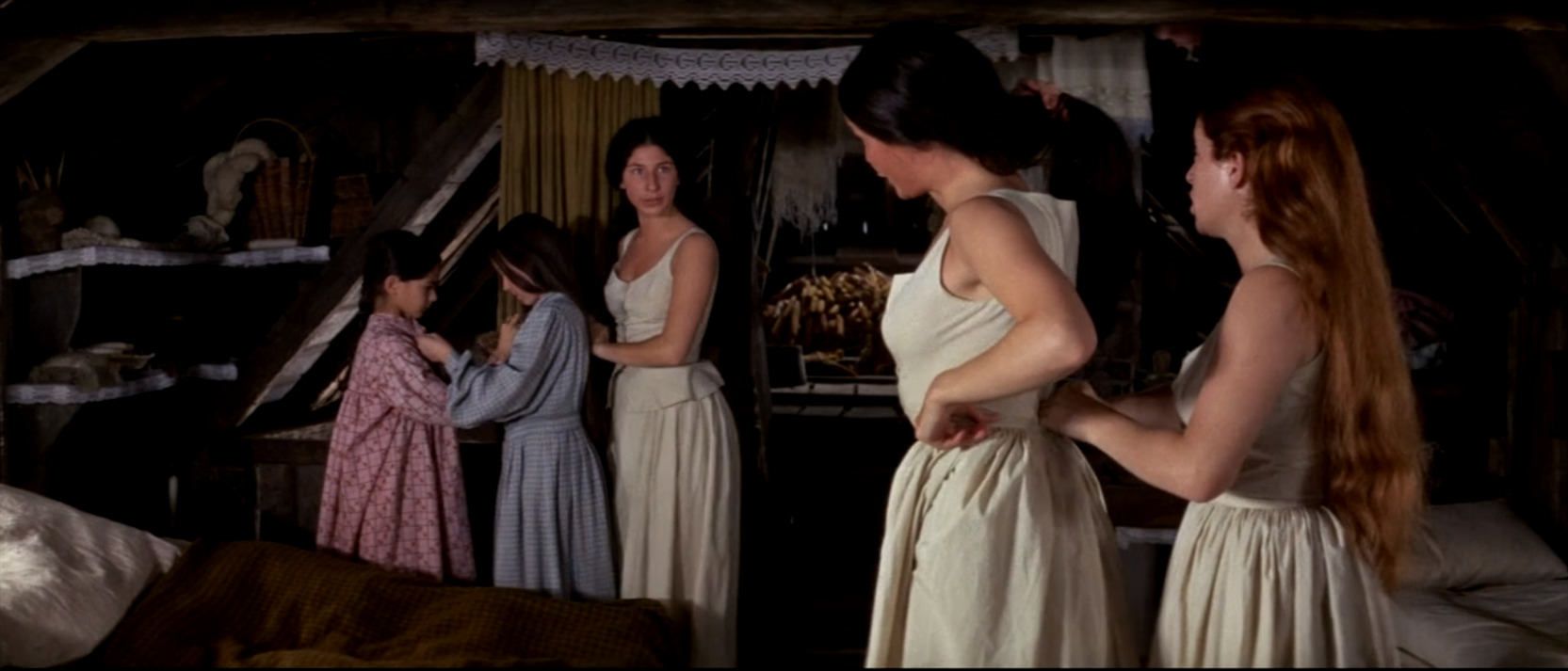
|
The film was released to critical acclaim and won three Academy Awards, including Best Music, Scoring Adaptation and Original Song Score for arranger-conductor John Williams. It was nominated for several more, including Best Picture Best Actor for Topol as Tevye, and Best Supporting Actor for Frey, who played Motel Kamzoil the Tailor. Both Topol and Frey had previously performed in stage productions of the musical; Topol as Tevye in the London production and Frey in a minor part as Mendel, the rabbi's son, on Broadway

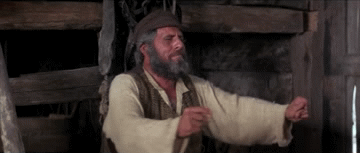
In 1905, Tevye, a poor Jewish milkman living in the Ukrainian village of Anatevka, a typical shtetl in the Pale of Settlement of Imperial Russia, compares the lives of the Jews of Anatevka to a fiddler on the roof (who appears throughout the film in this metaphorical role), using tradition to "scratch out a pleasant, simple tune" without breaking their necks. In town, Tevye meets Perchik, a radical Marxist from Kiev. Tevye invites Perchik to stay with his family, and offers him food in exchange for Perchik tutoring his daughters.
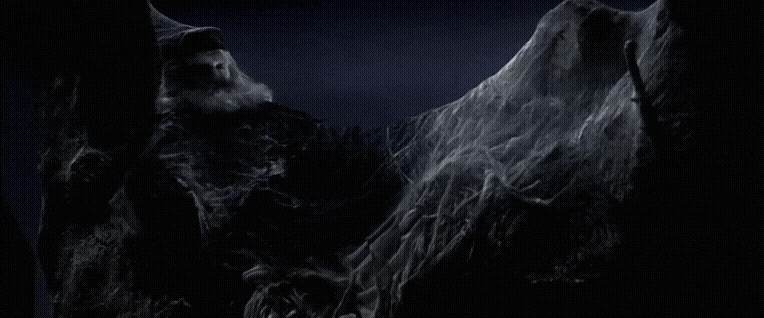
|
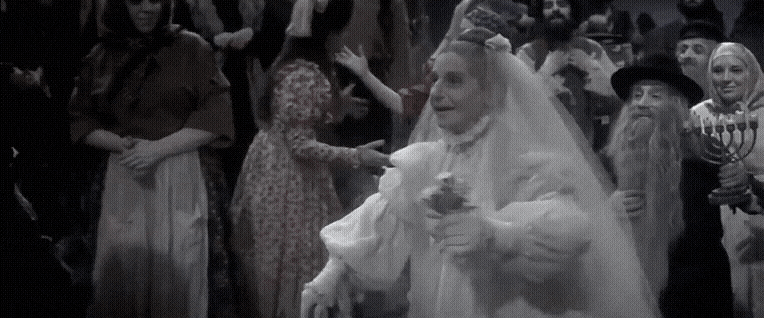
|
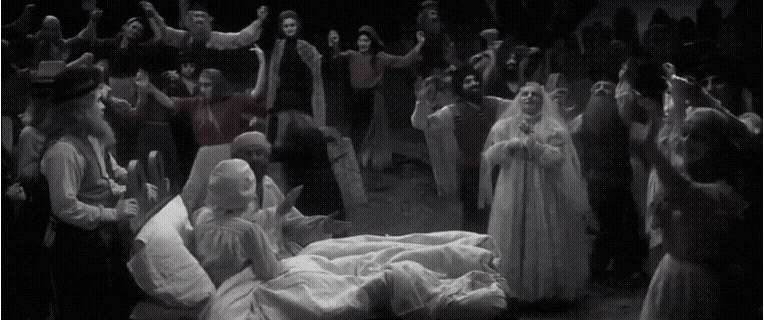
|
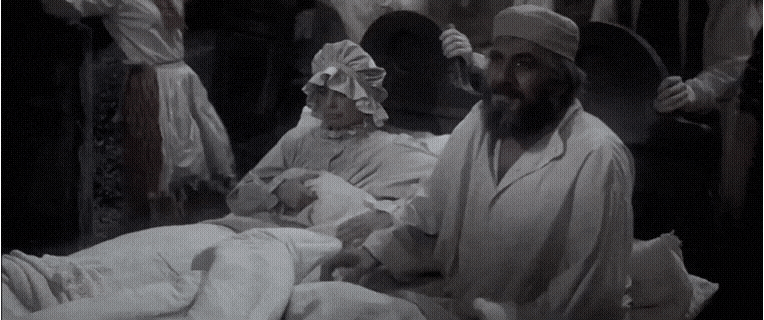
|
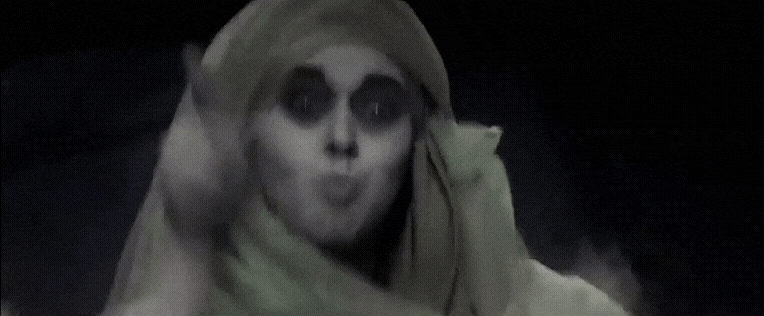
|
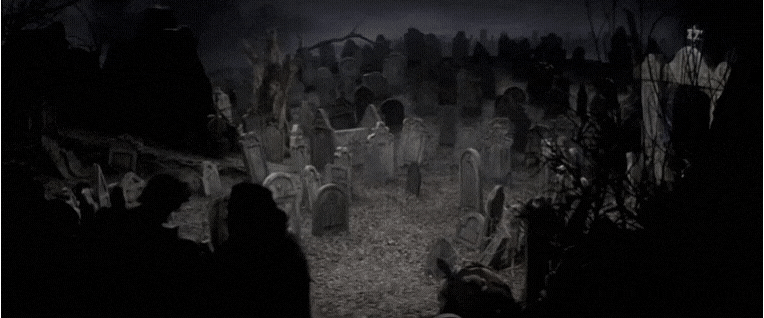
|
Tevye arranges for his oldest daughter, Tzeitel, to marry Lazar Wolf, a wealthy butcher. Tzeitel is in love with her childhood sweetheart, Motel Kamzoil, and begs her father not to make her marry Lazar Wolf. Although he is initially angry, Tevye realizes that Tzeitel loves Motel and yields to his daughter's demands. In order to convince his wife Golde that Tzeitel should not be married to Lazar Wolf, Tevye claims to have had a nightmare. He says that Golde's deceased grandmother told him Tzeitel is supposed to marry Motel, and that Lazar Wolf's late wife, Fruma-Sarah, threatened to kill Tzeitel if the two are married. Golde concludes that the dream was a message from their ancestors, and Tzeitel and Motel arrange to be married.
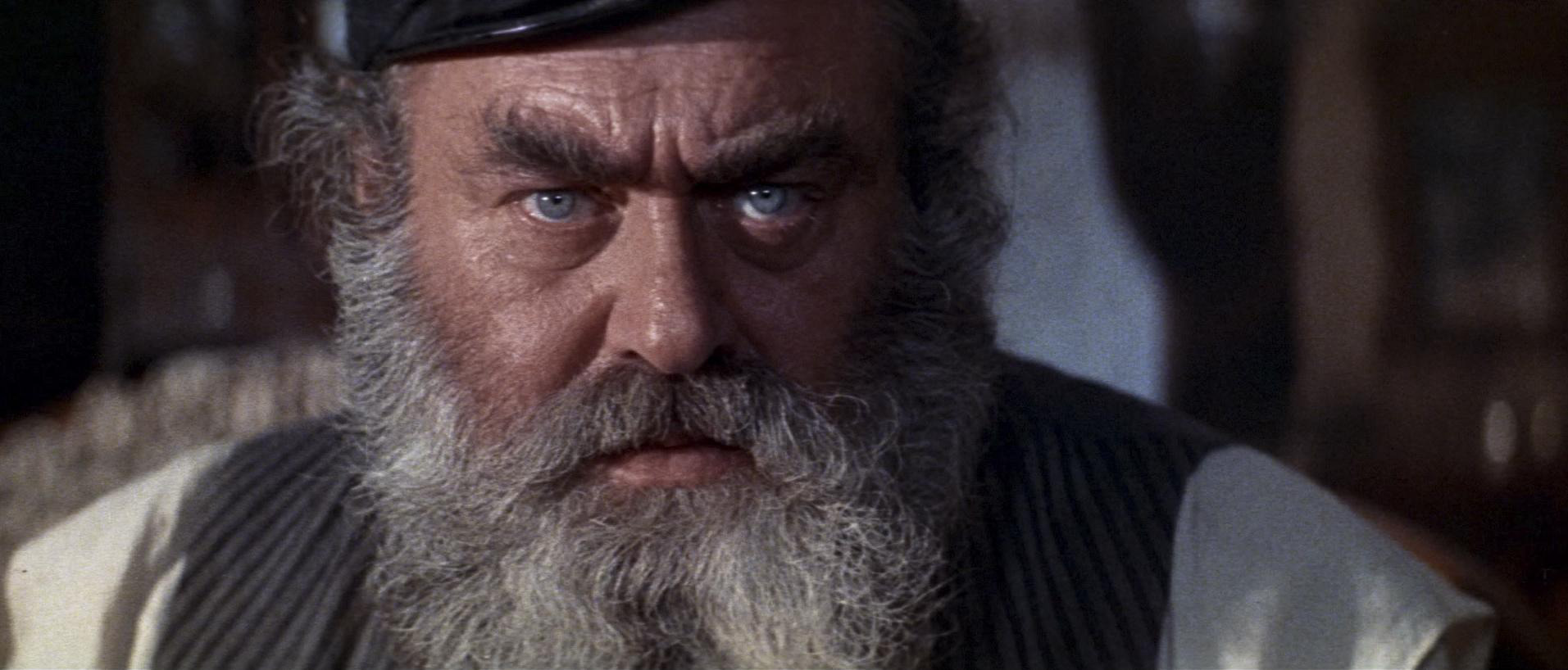
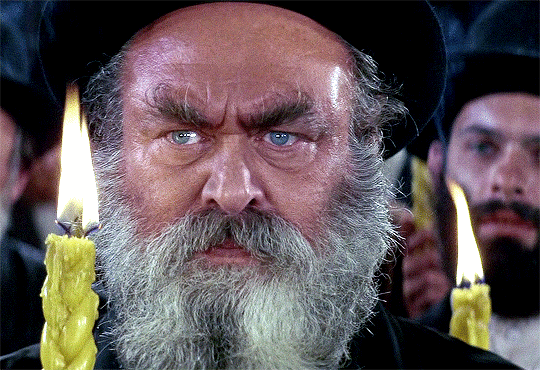
|
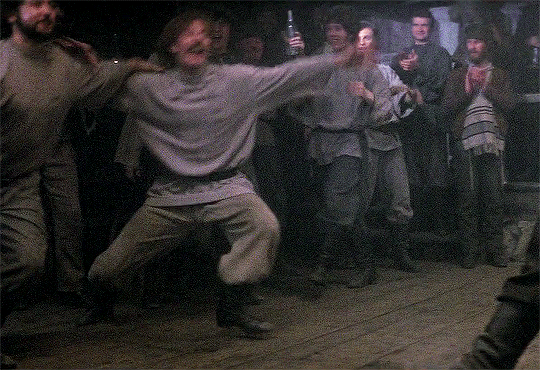
|
Tevye arranges for his oldest daughter, Tzeitel, to marry Lazar Wolf, a wealthy butcher. Tzeitel is in love with her childhood sweetheart, Motel Kamzoil, and begs her father not to make her marry Lazar Wolf. Although he is initially angry, Tevye realizes that Tzeitel loves Motel and yields to his daughter's demands. In order to convince his wife Golde that Tzeitel should not be married to Lazar Wolf, Tevye claims to have had a nightmare. He says that Golde's deceased grandmother told him Tzeitel is supposed to marry Motel, and that Lazar Wolf's late wife, Fruma-Sarah, threatened to kill Tzeitel if the two are married. Golde concludes that the dream was a message from their ancestors, and Tzeitel and Motel arrange to be married.

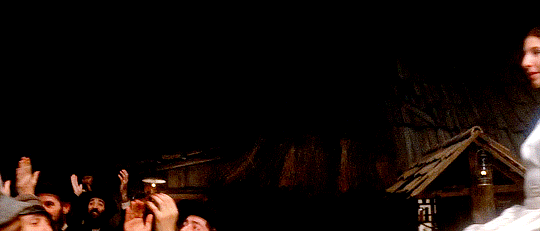







Meanwhile, Tevye's second daughter, Hodel, and Perchik begin to fall in love. They argue over the story of Leah and the place of old religious traditions in a changing world. The two dance together, which is considered forbidden by Orthodox Jewish tradition. Perchik tells Hodel that they just changed an old tradition.
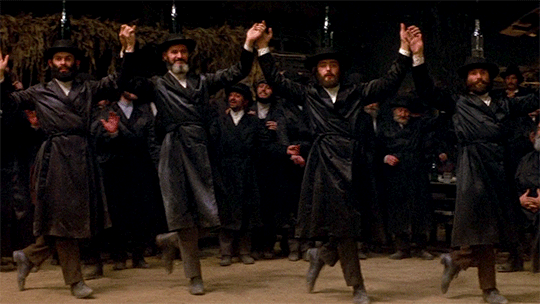
|
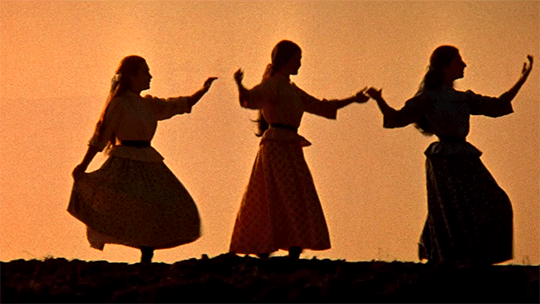
|
At Tzeitel and Motel's wedding, an argument breaks out after Lazar Wolf presents the newlyweds with gifts. When Tevye tries to speak to Lazar about the Torah, Lazar refuses to listen, arguing that the wedding should have been his all along. Minutes later, another argument breaks out over whether a girl should be able to choose her own husband. Perchik addresses the crowd and says that, since they love each other, it should be left for the couple to decide. He creates further controversy by asking Hodel to dance with him. The crowd gradually warms to the idea and Tevye and Golde, then Motel and Tzeitel, join in dancing. The wedding proceeds with great joy. Suddenly, the military presence in the town and the constable arrive and begin a pogrom. The constable stops the attack on the wedding celebration after Perchik is wounded in the scuffle with the Tsar's men; however, he allows the men to continue destroying property in the village. Tevye and the immediate family stand still, until Tevye angrily orders them to clean up instead of standing around. Tevye silently asks why God allowed this to happen to them.
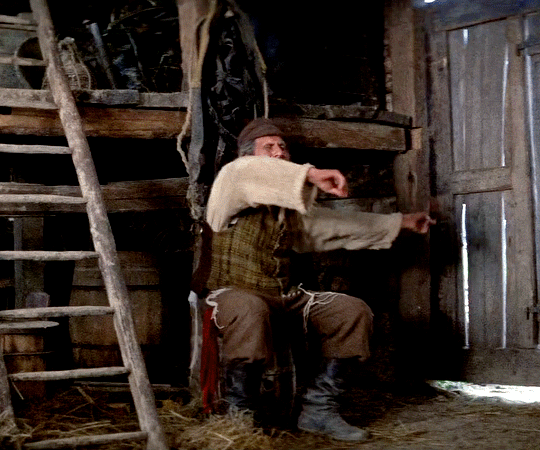
|

|
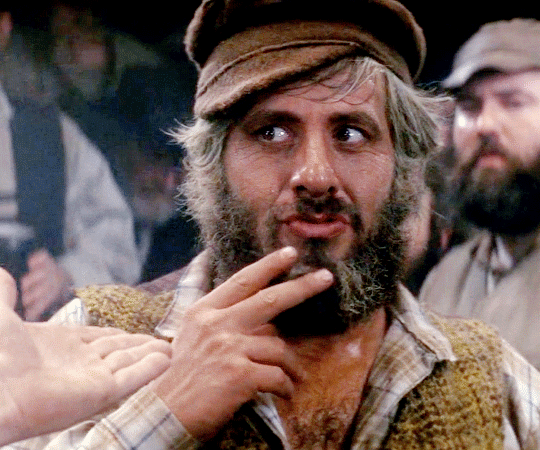
|
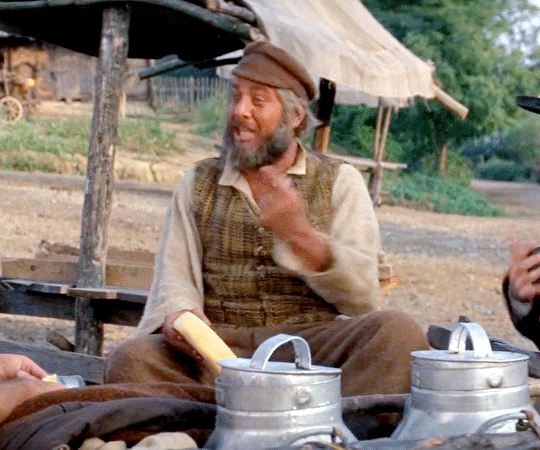
|
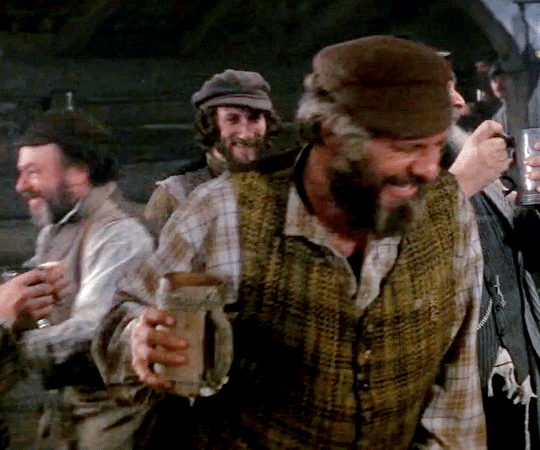
|

|
Months later, Perchik prepares to leave Anatevka for the revolution. He proposes to Hodel, and she accepts. When they tell Tevye, he is furious that they have decided to marry without his permission, but he again relents because they love each other. Tevye tells Golde his reasons for consenting to their daughter's marriage, which leads them to re-evaluate their own arranged marriage. Tevye and Golde ultimately realize that, despite having been paired by a matchmaker, they do love each other.

|
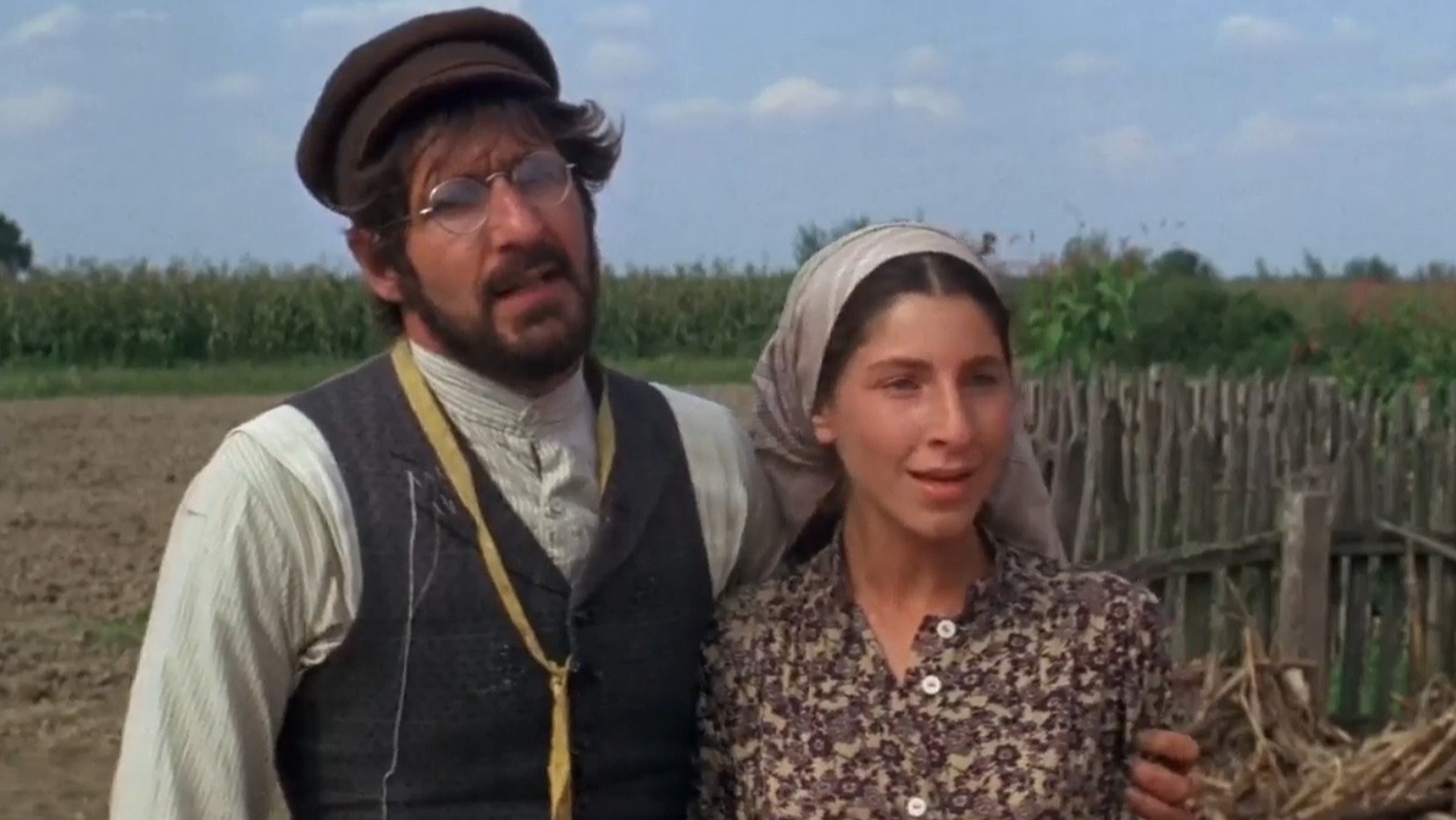
|

|

|
Weeks later, Perchik is arrested in Kiev and is exiled to Siberia. Hodel decides to join him there. She promises Tevye that she and Perchik will be married under a canopy. Meanwhile, Tzeitel and Motel become parents, and Motel finally buys the sewing machine for which he has long scrimped and saved.
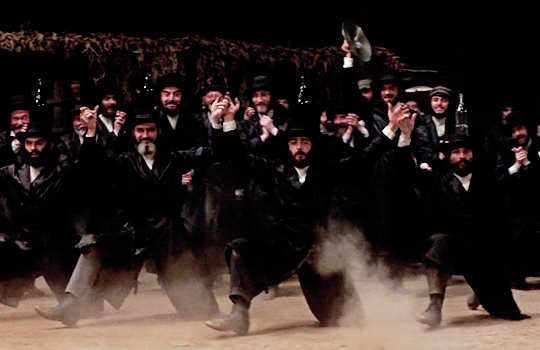
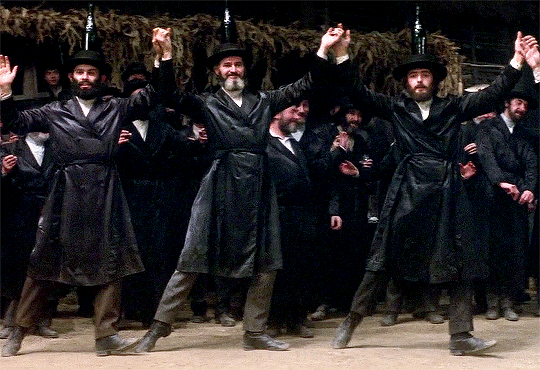
Tevye's third daughter Chava falls in love with a Russian Orthodox Christian named Fyedka. Tevye tells Chava to be distant friends with Fyedka, because of the difference in their religions. When Chava eventually works up the courage to ask Tevye's permission to marry Fyedka, Tevye tells her that marrying outside the family's faith is against tradition. He forbids her from having any contact with Fyedka or from even mentioning his name. The next morning, Fyedka and Chava elope and are married in a Russian Orthodox church. Golde learns of the marriage when she meets up with the priest. When a grief-stricken Golde tells Tevye about the marriage, he tells her that Chava is dead to the family and that they shall forget her altogether. Chava asks Tevye to accept her marriage. In a soliloquy, Tevye concludes that he cannot accept Chava marrying a non-Jew. He accuses her of abandoning the Jewish faith and disowns her.

|

|

One winter day, the Jews of Anatevka are notified that they have three days to leave the village or be forced out by the government. Tevye, his family and friends begin packing up to leave, heading for various parts of Europe, Palestine, and the United States. Lazar Wolf plans to emigrate to Chicago, to live with his former brother in law, whom he detests, but has no other living options. Lazar and Tevye share one last embrace before departing. Yente, the Matchmaker, plans to emigrate to Jerusalem, Palestine, and says goodbye to Golde with an embrace before departing.

|
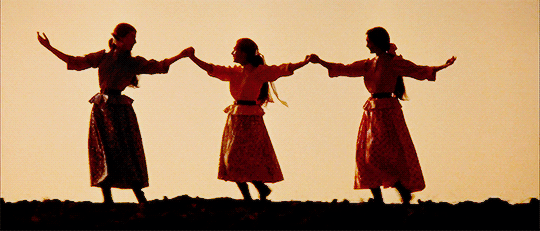
|

|
Tevye receives letters from Hodel mentioning that she is working hard while Perchik stays in the Siberian prison. It is hoped that when Perchik is released, they will join the others in the United States. Chava and her husband Fyedka come to Tevye's house and tell the family that they are leaving, being unable to stay in a place that would force innocent people out. They head to Kraków, Poland. Tevye shows signs of forgiving Chava by murmuring under his breath "And God be with you," silently urging Tzeitel to repeat his words to Chava. Golde calls out to Chava and Fyedka, telling them where they will be living in New York
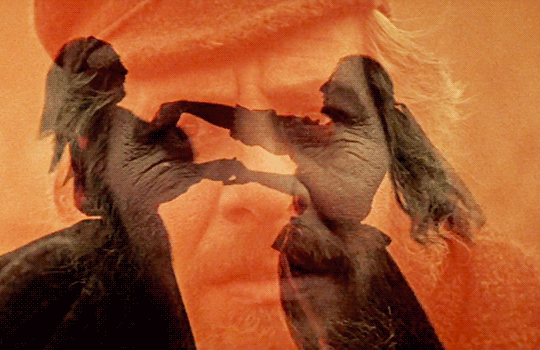
CAST
Chaim Topol as Τevye
Norma Crane as Golde, his wife
Rosalind Harris as Tzeitel, the oldest daughter
Michele Marsh as Hodel, the second daughter
Neva Small as Chava, the third daughter
Molly Picon as Yente, the matchmaker
Paul Mann as Lazar Wolf, the butcher, Tzeitel's older suitor
Leonard Frey as Motel Kamzoil, the tailor, Tzeitel's eventual husband
Michael Glaser as Perchik, the revolutionary, Hodel's eventual husband
Raymond Lovelock as Fyedka, a Christian, Chava's eventual husband
Elaine Edwards as Shprintze, the fourth daughter
Candy Bonstein as Bielke, the fifth daughter
Shimen Rushkin as Mordcha
Zvee Scooler as Rabbi
Louis Zorich as Constable
Alfie Scopp as Avram
Howard Goorney as Nachum
Barry Dennen as Mendel
Ruth Madoc as Fruma-Sarah, the butcher's late wife
Patience Collier as Grandmother Tzeitel
Tutte Lemkow as Fiddler
Marika Rivera as Rifka
Aharon Ipale as Sheftel
Roger Lloyd Pack as Sexton
Vernon Dobtcheff as Russian official
Kenneth Waller uncredited Norman Jewison: as the Rabbi in the "Tevye's Dream" sequence (singing "Mazel Tov")

The Constable silently watches as the mass evacuation of Anatevka takes place. The community forms their circle at a crossroad one last time before scattering in different directions. Tevye spots the fiddler and motions to him to come along, symbolizing that even though he must leave his town, his traditions will always be with him.

Zero Mostel, as Tevye was a somewhat controversial one, as the role had originated with Mostel and he had made it famous. Years later, Jewison said he felt Mostel's larger-than-life personality, while fine on stage, would cause film audiences to see him as Mostel, rather than the character of Tevye

Principal photography in Buckinghamshire, England. Most of the exterior shots were done in SFR Yugoslavia—specifically in Mala Gorica Lekenik, and Zagreb within the Yugoslav constituent republic of Croatia. Though the area was under heavy snow during location
scouting in 1969, during the filming the producers had to ship in marble dust to stand in for snow.Three hundred extras conversant in various foreign languages were used, as were flocks of geese and pigs and their handlers.Isaac Stern performed the violin solos.

Differences from the Broadway musical The film follows the plot of the stage play very closely, retaining nearly all of the play's dialogue, although it omits the songs "Now I Have Everything" and "The Rumor (I Just Heard)".Lyrical portions of "Tevye's Dream (Tailor Motel Kemzoil)", were omitted to avoid repetition. The film's soundtrack release notably contained some of these omissions, indicating they were removed during filming. These include Golde blessing herself, before going back to sleep.
Origin Wikipedia.....

|

|

|
![[headerImage]](https://blogger.googleusercontent.com/img/b/R29vZ2xl/AVvXsEgTg2UAhb82T1E_XqXNCdIdw60PcPKzLUt2x0K8EK-RENtedyI6nnMFxKHyq2kKy3JNXcMwvMNus-G9KNFf80lshj8Qu8wd8xxBV9qaQFy231behQidpFsx66PXjQbXGNi673bljVCdVKm-pHB8UAeskwqlaatHjKoNBTDb4aWMQoRnjDE0PwmmBiNFZ3VR/s16000/tumblr_f9176279931b3314d64b2d6628d91754_059e69fb_540.webp)

















No comments
Post a Comment